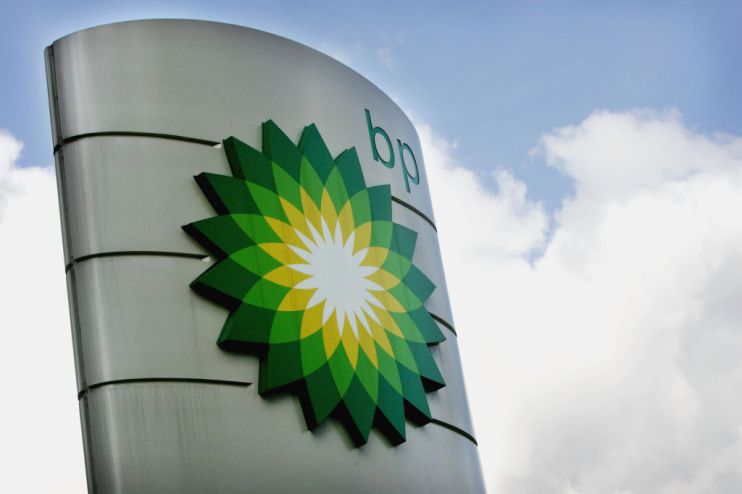BP suffers second-quarter downturn but profit still tops £2bn

Weaker refining margins and falling oil and gas prices has weighed down BP’s profits, with the energy giant announcing a fresh buyback scheme to sate the appetite of shareholder.s
The energy giant posting a downturn in underlying earnings for its second quarter of trading this year, with profits falling fell £3.87bn ($4.96bn) in the first three months of trading to £2.02bn ($2.59bn) between April and June – while cash flow also dipped from £5.94bn ($7.62bn) to £4.9bn ($6.29bn).
It blamed the decline on a higher level of turnaround and maintenance activity, weaker oil trading, and lower realisations for fossil fuels.
However, it regarded its gas marketing and trading as ‘exceptional’ which had helped the company still realise hefty profits, albeit much lower than the first quarter.
Despite the drop in earnings, the company has unveiled a fresh £1.2bn ($1.5bn) buyback scheme – with its overall dividends rising 10 per cent to 7.27 cents per overall share.
During the second quarter, BP rewarded investors with £1.64bn ($2.1bn) in share buybacks.
The decline in profits follows its rivals reporting similar drops over the past week for their respective second quarters, with Shell’s earnings sliding from £7.48bn ($9.6bn) to £3.98bn ($5.1bn) over the last two trading windows.
Chevron, Equinor, Exxon, and Total also suffered a downturn in their bottom lines.
Nevertheless, BP’s results were below industry forecasts, and expose a sharp year on year drop on the monster £6.63bn ($8.5bn) earnings unveiled in the second quarter of 2022, which were powered by a commodities boom following Russia’s invasion of Ukraine.
BP’s net debts further rose from £16.55bn ($21.23bn) to £18.45bn ($23.66bn) over the same time period.
Murray Auchincloss, chief financial officer for BP, said: “In the second quarter BP has continued to execute against its unchanged financial frame. We have increased our dividend by 10 per cent; we are investing with discipline to advance our strategy; and we are committed to returning 60 per cent of 2023 surplus cash flow through share buybacks with a further $1.5bn announced for the second quarter.”
The energy giant has started two major oil developments this quarter, the Mad Dog Phase 2 project and the Reliance operated KG D6-MJ project, which are together expected to add around 90,000 barrels of oil equivalent per day to net production by 2025.
Meanwhile, BP’s Cherry Point refinery in the US successfully commissioned the hydrocracker improvement project and cooling water infrastructure project, both designed to improve reduce costs and CO2 emissions.
In low carbon energy, BP was awarded the rights to develop two offshore wind projects, with total potential generating capacity of 4GW, in the German tender round, marking its entry into offshore wind in continental Europe.
The company is committed to £18bn spending on energy projects in the UK over the current decade, including backing three carbon capture projects in the North Sea.